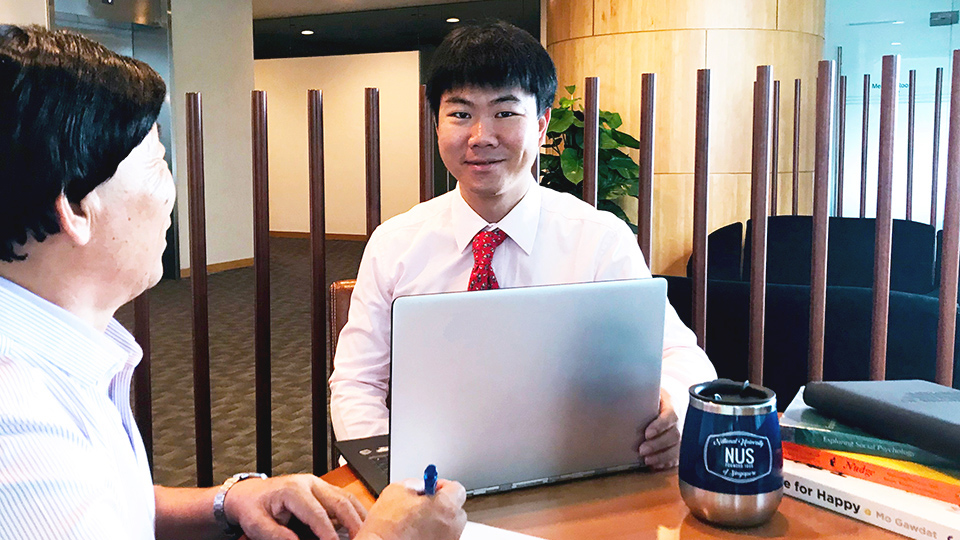When it comes to making financial decisions under risk, older adults will regard the financial outcomes of others’ as their own.
They will make choices that they would have selected for themselves, according to a study by researchers from the National University of Singapore (NUS).
On the other hand, younger adults tend to take more risks when they are making financial decisions on behalf of others. This applies even when the decisions put the person they are acting for at a disadvantage.
Hence, the findings suggest that older adults care more about strangers’ welfare.
“Our results demonstrate that decision-makers of different age groups have different motivational goals. The young adults may treat the finances of others’ differently from their own, perhaps regarding them as being less important. On the other hand, the older generation may care more about social harmony and emotional experience, and have less emphasis on material gains,” explained team leader Assistant Professor Yu Rongjun, who is from the Department of Psychology at the NUS Faculty of Arts and Social Sciences.
“Citizens in approximately one third of the countries around the world rely heavily on decisions made by older adults who may be government, business or community leaders," said Asst Prof Yu. "It is important to not only understand how these elderly people make decisions for themselves, but also how they make decisions on behalf of others, as their decisions can lead to significant gains or losses."
The NUS study was conducted from 2016 and 2017. It involved 191 Singaporean participants. Among them, 93 were older adults with an average age of 70, while 98 were young adults averaging 23 years old.



